By Josh Joseph and Keating Zelenke
A few days after the Russian invasion of Ukraine, we discovered Masha Pogorelova’s art on Instagram (@wooolforest) and followed her story as she fled Ukraine and looked for safety elsewhere in Europe.
Pogorelova was born and raised in Kharkiv, Ukraine — one of the border cities almost completely leveled by Russian forces. City officials estimate civilian deaths to be anywhere between a few dozen to over 250. Pogorelova was able to make it out before Russian soldiers began shelling the city, traveling to stay with relatives in Naples and Milan in Italy for a few weeks before eventually making it to Switzerland. She has been supporting herself during this time by making wool figures and selling them online. Her Etsy shop is called WooolForest.
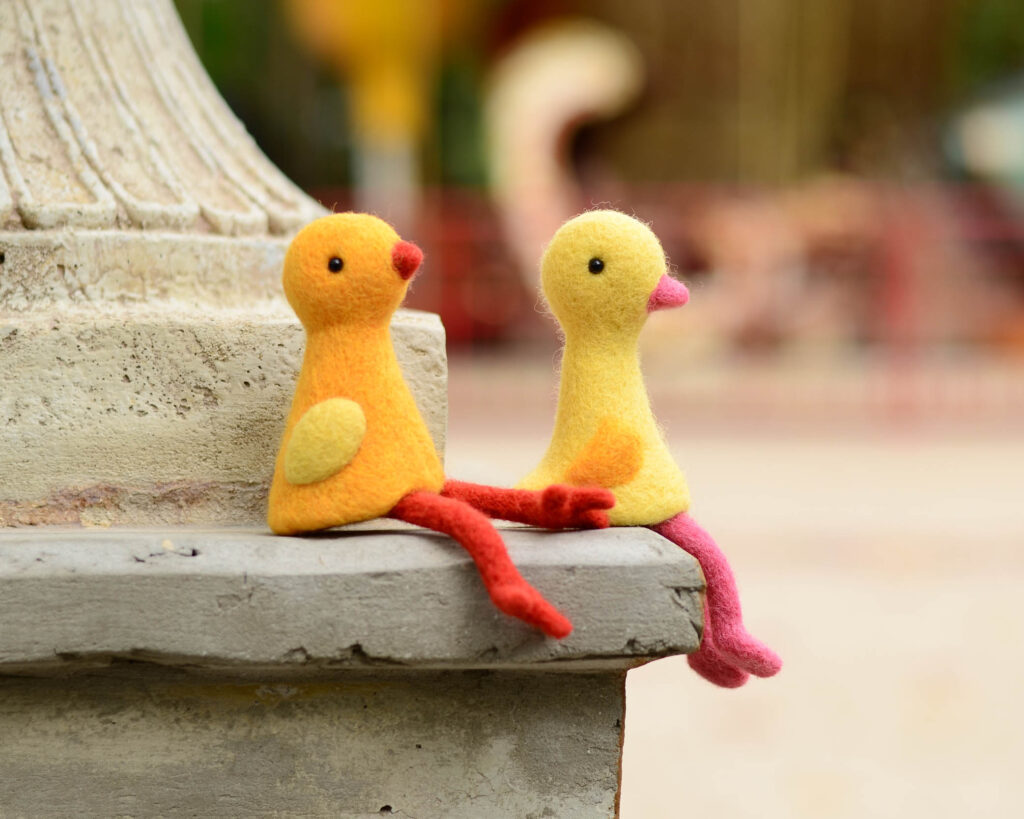
We initially planned on paying for photos of her wool sculptures to include on the cover of our upcoming magazine in an effort to help Pogorelova’s Etsy and Instagram pages get more attention (and customers) in her time of need. However, we were struck by her dedication to optimism and playfulness despite her situation. Her art is full of cute, smiling faces, bright colors and light humor — all things often lost during times of such darkness and violence. Pogorelova was so kind and open with us — and so funny, too! — that we came up with the idea to do a Q&A with her over Instagram. Through her answers, we learned how much her personality mirrored her artwork — each reply was peppered with emojis, GIFs and exclamation points. While we cannot look past the atrocities happening in Ukraine and all over the world right now, she is an active reminder that we cannot lose sight of triumph and hope.
How did you get into making things out of wool? How did you hone your technical skills, and was it challenging at first?
When I was very young, I loved to find images in everything — since childhood, I loved to draw and invent. I was fond of old Hollywood actresses and color illustrations, and all these sights and experiences I combined in small sculptures and illustrations. I made a store on an electronic platform and chose wool to create my works, since wool is light in weight and transportation is safer than ceramics. I got acquainted with wool thanks to my friend.
She suggested that I try it and I succeeded. Of course, at first it’s not easy, and my fingers were very unhappy during that period of trial and error, but everything comes with time. The main thing is concentration and perseverance.
What are your favorite subjects to craft?
My favorite subjects are vegetables and fruits, animals and plants. I really love nature and I like humor, and I mix and match it all and make funny things.

Your work is so often cute and optimistic, filled with smiles. What inspires your light-hearted style? Does the war change your outlook on this optimism, or does the optimism help you cope with being displaced by the war?
I am constantly inspired by communication with people, meeting people, museums and music. All this energy getting into my head turns into wonderful inspiration and ideas. I have fun coming up with and sharing my ideas with the world. This is my essence and meaning. Yes, now is a special time, scary and terribly frightening, but thanks to my creativity, I can survive this dark time, help my relatives, and of course, thanks to my creativity, I know wonderful people! It inspires and makes [me] believe in the future. I try not to lose heart and of course I encourage others!
Do you know if all of your friends and family in Ukraine are safe? Have they also been able to relocate?
I called my relatives and friends even before the start of the war. [I] even tried to talk before leaving. I have always relied on intuition and logic. I tried to warn everyone in advance and persuade them to leave, and think over a plan B if the war starts. But everyone laughed at me and said that I was delirious and did not believe [me] — some even sympathized with Putin. But when the war started, people woke up. The first week of the war, I called everyone and we thought over rescue plans [and] offered help. It was hard to persuade them to leave everything and [flee]. It was very very hard, but thanks to the dialogue over the phone, my loved ones were able to find the strength in themselves and go to safer places or leave the country altogether.
What was it like living in Ukraine before the war?
I was born and raised in the Pyatikhatki neighborhood of Kharkiv. My area is very special. There is a very special microclimate — everyone knows each other and is very close-knit, all because in Pyatikhatki, [there’s] the Physics and Technology Institute where the first atom was split. Professors and scientists worked and lived in this place, and the territory itself is located at a strategically important height relative to the city, and surrounded by forests. Scientific research has been carried out there and it is very important for science. I’ve always been worried about this [place’s safety]. Now I know that they hit [it], but where and how dangerous it is, there is no possibility [of knowing right now].
This is the first point in Ukraine that was attacked and entered by Russian killers. Before the war it was a wonderful place with beautiful places, trees and flowers, wild animals and very very kind and beautiful open people. All my friends from other cities, when they got to my place, wanted to stay there. I generally felt like a movie star, because everyone said hello and asked how they were doing. For many people, it was incomprehensible how so many acquaintances [could exist] in one place. It’s microcosmic.
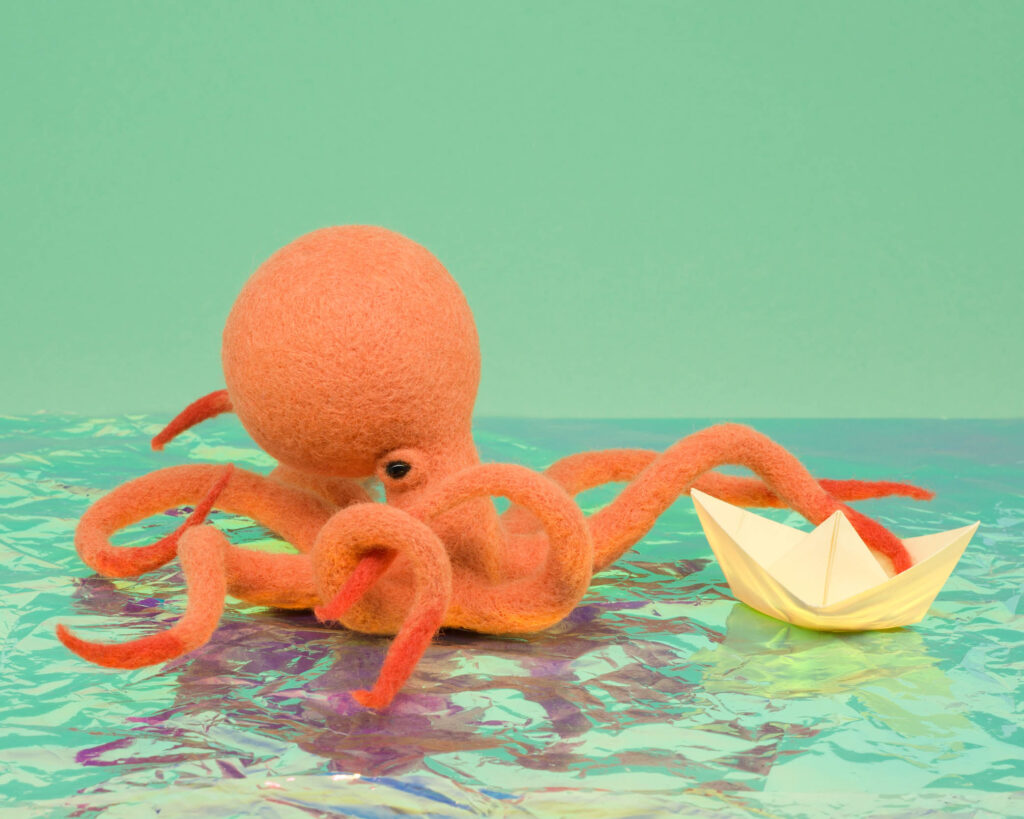
Having to pack up your life and move because of the invasion must be very difficult for you. How are you doing now that you’ve relocated, and what was the process of relocating like?
I have been fully confident in the preparations for the invasion since November. My productivity was at zero. I constantly argued with my mother because of Russia. She believed all the propaganda. I was afraid that I would not be able to work and live in any way, and on February 9 I could not stand it and left for Italy with my boyfriend Aleksey — his mother lives in Naples. We drove for two days and two nights in a car with suitcases, since people were not allowed in via plane because of COVID, and then the situation escalated. We tried to convince everyone about the plan B, that we should leave, but no one believed that — they were doing household chores. And on February 24, my cousin called me, and he said that the tanks entered Kyiv and Kharkiv at the same time, where my house is close to the border.
I packed my things in full confidence that this is the last time I [would] see my apartment. I took a suitcase of wool — because I knew that this was the only chance to earn money and help — three t-shirts, [the] jeans on me, an iPad and an album with sketches. [I] threw all [my] photos onto a portable hard drive and I scanned my grandmother’s photos.
The trip was terrible and very, very stressful. I could not take [my] cats, but I prepared an emergency suitcase and food for them and warned my mother what to do with them.
I had to leave the cats with my mother, but I bought carriers and food and asked her to be ready to leave for the country, and asked my friends to take her to the village on the way to their village. Everyone laughed at us and said we were crazy! They sent me a video about what would be better done when repairing. I called everyone again on February 22; I thought they would invade on the 23rd — this is a holiday in Russia, the Day of the Defender. I always felt that [Putin] thinks mystically and wants to go down in history loudly. And on the 23rd, I went to Milan to stay there, then [went] to the border, and from there my Swiss friend [Marck] would pick us up by car. Marck is just a miracle! And we spent the night at Ada’s (a ceramic artist she met on Instagram) — she became my sister. On February 24, the irreversible happened, but my mom and friends did everything according to my instructions. They left quickly and hell started there. Then, everything was in a fog, but I called a lot and persuaded my friends to leave. [These were] very difficult conversations [about] pain [and] death… and everyone supported me a lot. Paolo and Pam Puck (popular artists) shared my pieces and people started buying my works. It was so touching and merciful!
Marck is very sensitive and empathetic. He helped us a lot and helped us survive this horror, and my mother came with my cat — the cat stayed in the village with relatives. The things that remained in the apartment are very beautiful and dear to me, but now I don’t think about them, only about people!
When the war is over, do you plan on returning to Ukraine?
Unfortunately, there is almost nothing left of my place. I haven’t found out about my apartment because it’s useless; there are [still] battles going on and they got into the Institute, [so there may be] radiation. I most likely will have nothing to do there, and I can’t live in ruins. I lived on the seventh floor. If the house stands, I would like to take some things — my bicycle and my artwork — and leave. I can’t live in constant fear. I have lived like this since 2014 because my boyfriend is from Donetsk (a disputed territory in Eastern Ukraine) — he lost everything in the war that Russia started. I felt very calm on February 9 when I got on the train, Kharkiv to Kyiv then Kyiv to Chernivtsi, then the minibus to Naples, to leave the country. I don’t have the strength to build a new world in my city. My mental health is crippled. Of course, I will go to visit my friends, but I don’t live there.
How has being able to support yourself through selling your art impacted your life in the past few weeks?
Very very powerfully! I did not expect such support, it’s just magic! People are so kind! I helped and moved my mother with [my] cat, and I helped my friends! It’s so important for me — it’s my life!
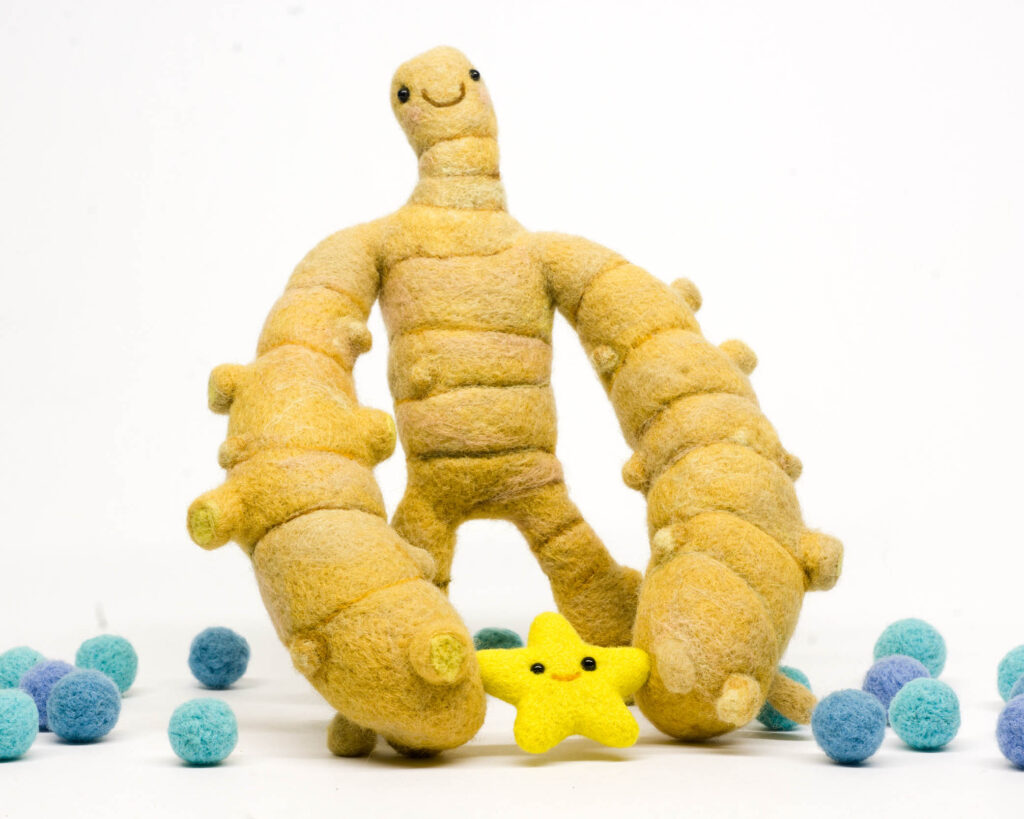
What can Americans do to help Ukraine during this intense time?
I see how people want [to] provide this help. Everyone is very attentive! I think that contact is the first thing that helps — it makes you feel not alone. Dialogue and support, in my case it helped me a lot! But also, of course, any manifestations of help. I even think that the more people learn about the fate of a particular person, they always want to help more. I think that a journalist is a mouthpiece to the world of good deeds! I like America’s attitude to tell the truth. There is nothing more valuable than the truth.
Do you have any final thoughts?
I want to say that people can adapt to any situation and things will all come back; there is no need to despair, [just a need] to look for a new opportunity and, most importantly, [to care for] family and friends!

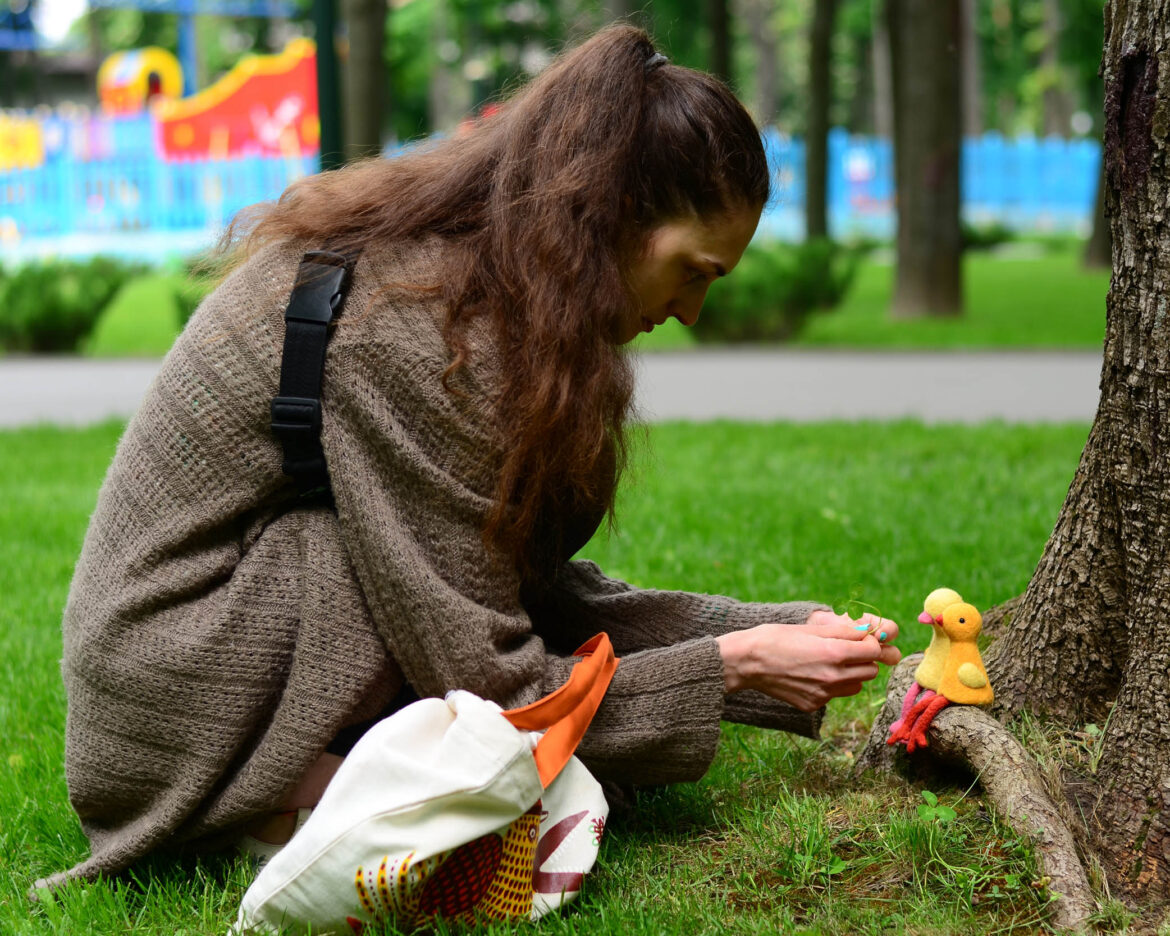
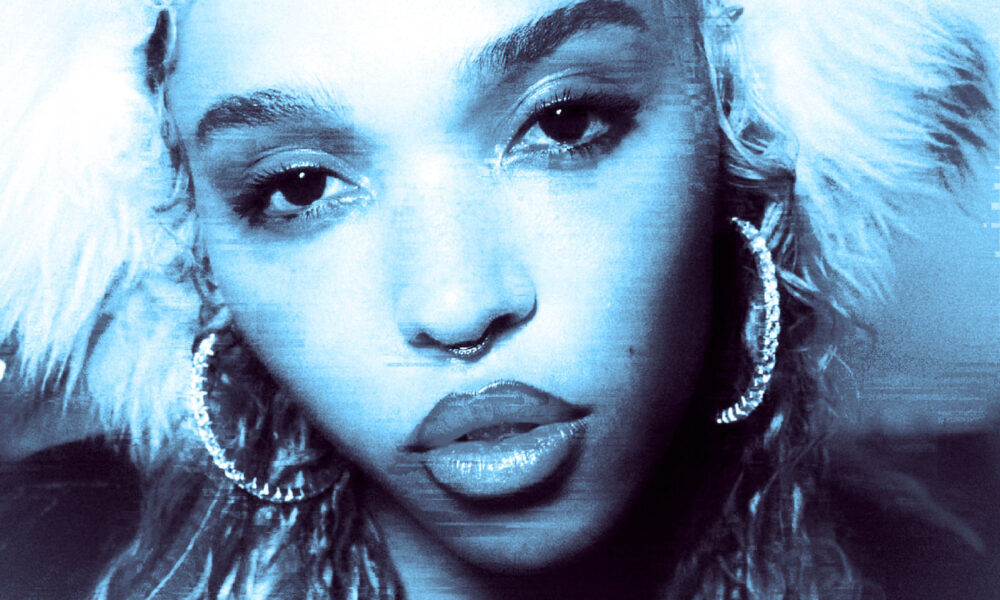
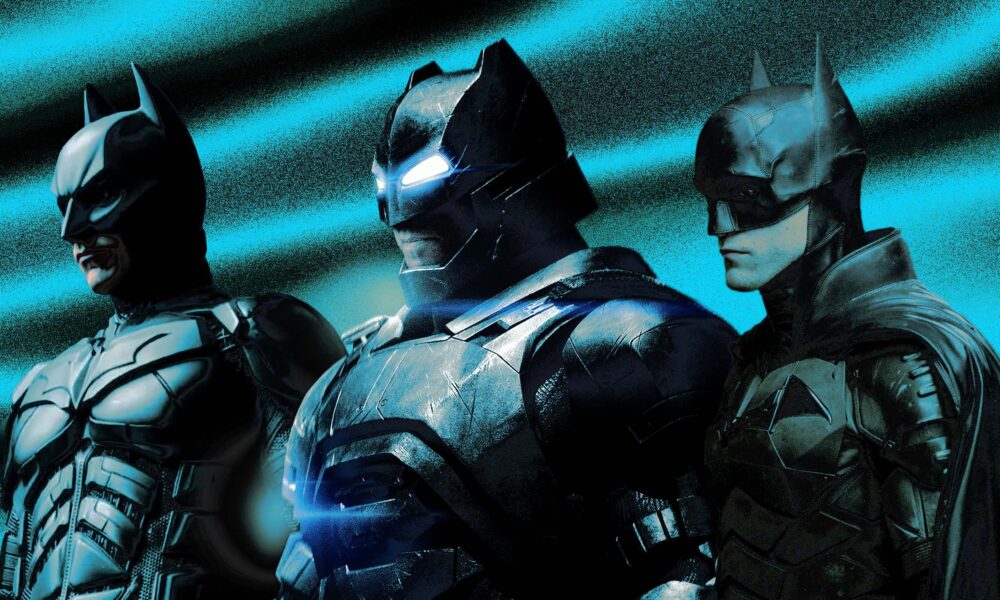
Comments are closed.